Ever since socialism’s credibility collapsed in 1990, environmentalism has increasingly dominated the political agenda. Central to this was the global warming scare and its implications for energy supply and economic activities in general.
Environmentalists’ pressures ensured that this agenda was widely embraced. Every Western country agreed to pursue ‘Net Zero’ carbon emissions, replacing hydrocarbons with wind, solar, and prospectively hydrogen as power sources. In most countries, this was combined with rejecting another environmentalist bogeyman – nuclear power.
China, India, and other burgeoning economies rejected denying themselves these power sources.
By reducing their cheap energy supplies, affluent world nations have seen deindustrialisation and a relative economic weakening. Australian governments, like those of most other affluent countries have tried to hide this, promoted unlikely technology advances in alternative energy and taken comfort in occasional blips in the upward march of prices their policies have caused.
Writing in The Australian in February, renewables lobbyist Kane Thornton triumphantly argued, ‘The climate wars of the past 15 years appear to be cooling. Politicians have finally realised the voting public don’t care for their petty arguments and denial; communities just want action. These same politicians have also come to realise that the clean energy revolution is in full swing.’
And even on March 21, an article in The Australian by advertising agency chief James Walker-Smith offered advice to firms presaged on, ‘With the science won and the tragic proof of the climate emergency all too real…’
But the new reality is that Russia’s invasion of Ukraine has transformed the debate.
The march to an inevitable hydrocarbon-free world, so loudly trumpeted at the Glasgow climate conference in November of last year, has gone into reverse.
In the US, Energy Secretary Jennifer Granholm, previously a vigorous advocate for renewable energy, is now urging the gas and oil suppliers to increase their pumping.
European statesmen claim to be still pushing ahead with banning petrol and diesel cars by 2035, but the clarion call has changed from ‘save the world from global warming’ to ‘save us from dependence on Russian gas’. Government policies to replace hydrocarbon and nuclear power with wind/solar has not only increased costs, but left Europe politically vulnerable.
The UK is inching its way to re-opening oil and gas exploration in the North Sea, and is in a softening up process to permit fracking of its vast on-shore gas reserves.
France has reversed course on nuclear power closures.
In August of last year, the Dutch categorically ruled out extending beyond mid-2022 the life of their massive Groningen gas field; but Prime Minister Mark Rutte on February 25 added, ‘You can never completely completely completely exclude something 100 per cent’; in mid-March Groningen’s continued operation is described as ‘a last option’.
Even Germany, governed by a left-dominated rainbow coalition, is having doubts; a new survey shows that while 80 per cent of people want an acceleration to renewables, half the respondents also see a larger role for nuclear and coal.
Whatever the outcome of hostilities in Ukraine, a move to low emission energy technologies will be henceforth subsidiary to ensuring access to technologies that work and are cheap. And that means coal, oil, gas, and nuclear. Europe has abundant coal resources. It has the same fracking potential as the US, but has banned the technology because it creates tremors, which academic scientists, estimate are smaller than ‘a small pumpkin dropping to the floor’. The forces preventing the use of these resources are now in retreat.
Ironically, the Environmental, Social, and Governance (ESG) anti-hydrocarbon campaigns reached an apogee the day after Biden banned Russian oil, when eleven major European fund managers announced plans to force Credit Suisse, Switzerland’s second-largest bank, to cut its lending to oil and gas companies.
Such calls are looking increasingly like vanity projects that, however unwittingly, undermine western security.
ESG and gas fracking hysteria has also gripped Australia as part of the green crusade against fossil fuels (and nuclear and new large hydro). Opposition to coal and gas developments comes from state and federal politicians, the law officers they have appointed, and the gaggle of rainbow warriors in pressure groups and in the business community.
These have prevented, delayed, and added costs to major new proposals making us unable to respond to the strategic need and economic opportunities presented.
Politicians like NSW’s Matt Kean and Victoria’s Lily D’Ambrosio continue to promote the fiction that renewables are the cheapest electricity sources, alongside policies that impose costs of electricity from coal and gas. But even they are confronted by the enormous expenses involved in ‘firming’ the intermittent supply of wind and solar and arranging for their transmission.
Aluminium smelting, industrial chemicals, steel production, and cement are the basic industries on which economic prosperity is built. All four are reliant on the cheap energy, which government policies are fast eliminating. Those woke media and business leaders who were once enchanted by Sanjeev Gupta’s fanciful plans for carbon-neutral steel are now silent. Australia’s three major aluminium smelters in Victoria, NSW, and Queensland all face the scrapyard, as a result of forced closures of coal generators – Victoria’s Portland smelter is already reliant on state subsidies which, ironically, compensate for the government imposts that have increased its power costs.
Added to the wealth generation Australia is sacrificing by regulations forcing the displacement of low-cost coal and gas by high-cost wind and solar energy, these policies also detract from our defence capabilities at a time when these are assuming a higher priority.
Do we have the political awareness to change course?
Got something to add? Join the discussion and comment below.
Get 10 issues for just $10
Subscribe to The Spectator Australia today for the next 10 magazine issues, plus full online access, for just $10.

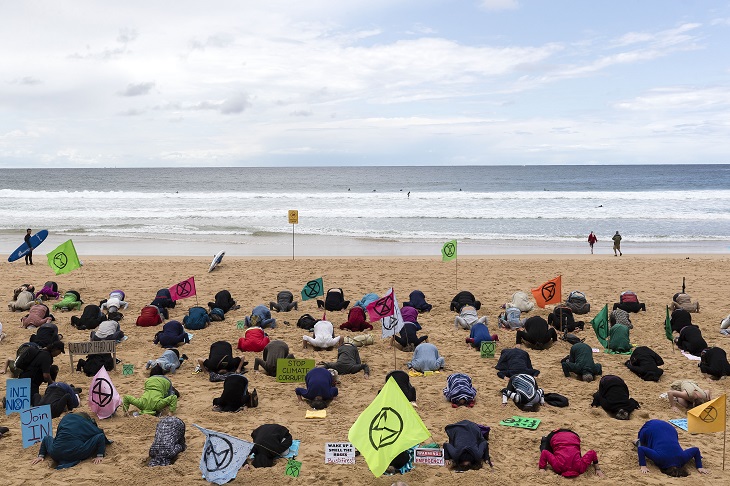
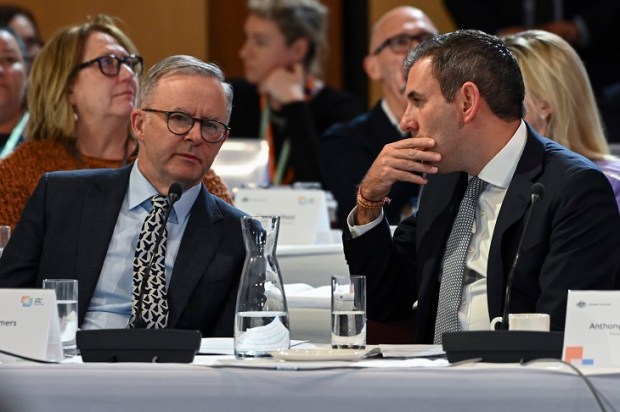

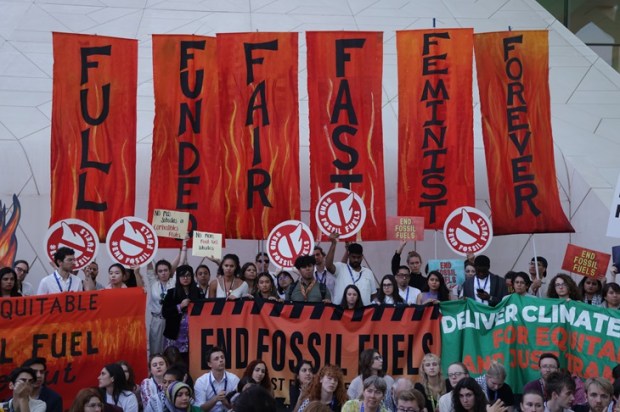
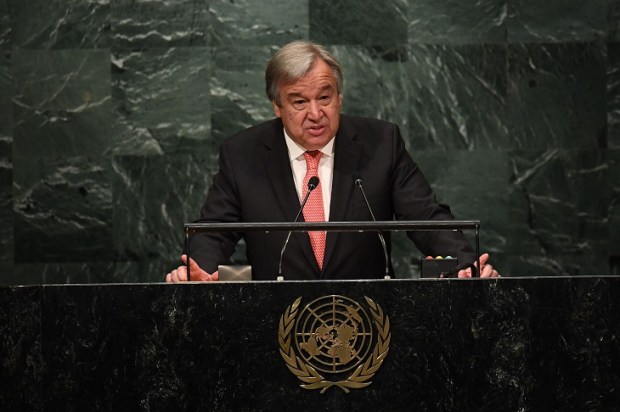
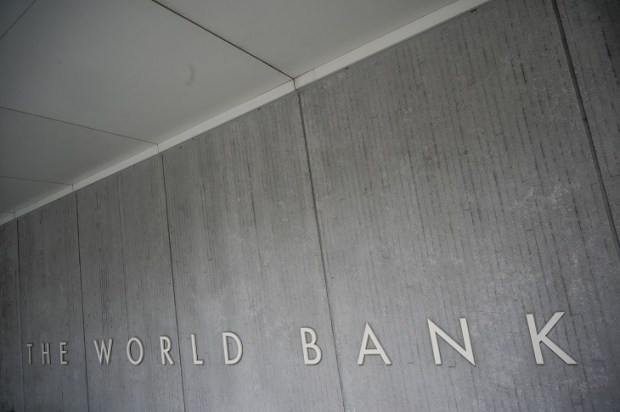



















Comments
Don't miss out
Join the conversation with other Spectator Australia readers. Subscribe to leave a comment.
SUBSCRIBEAlready a subscriber? Log in